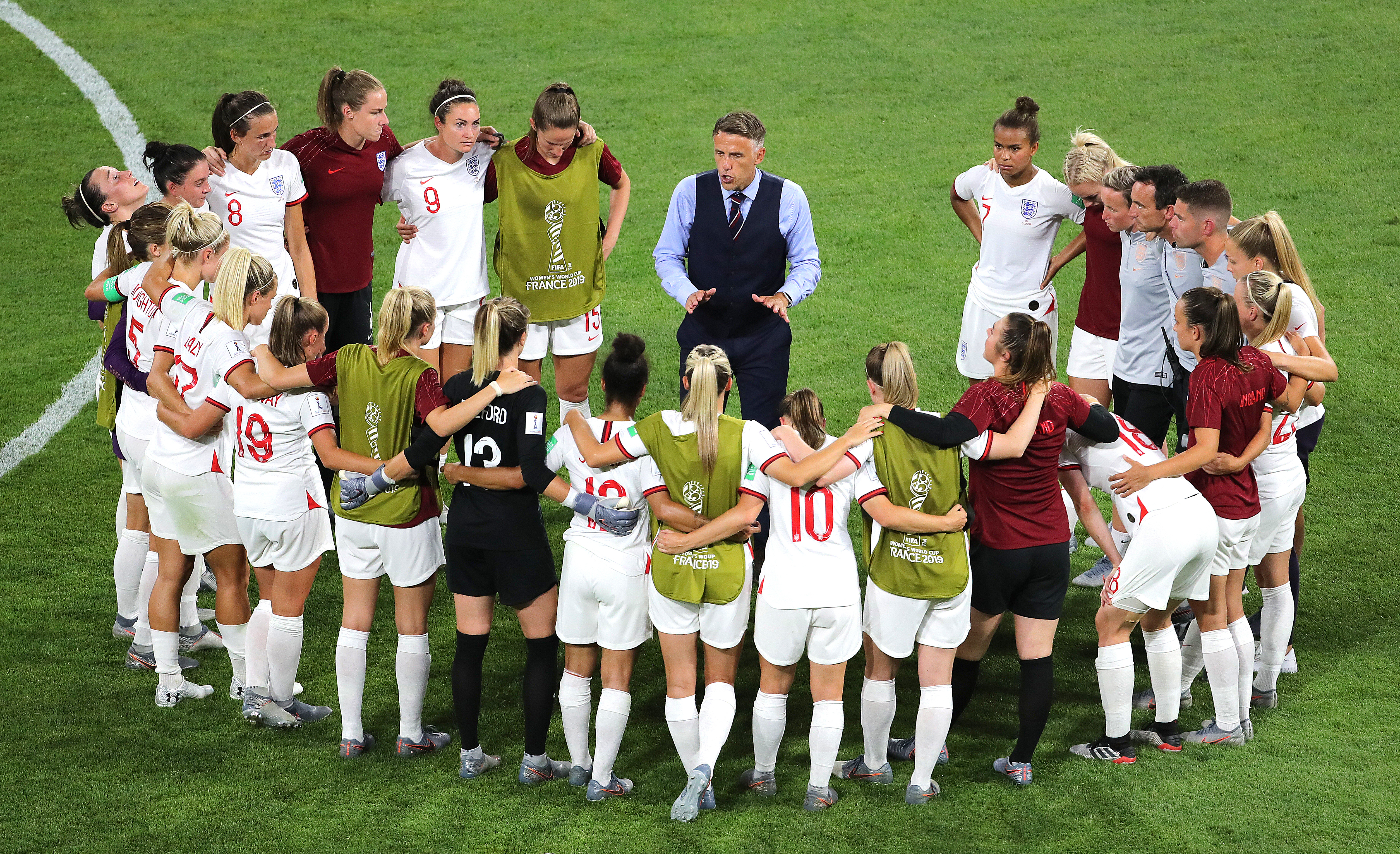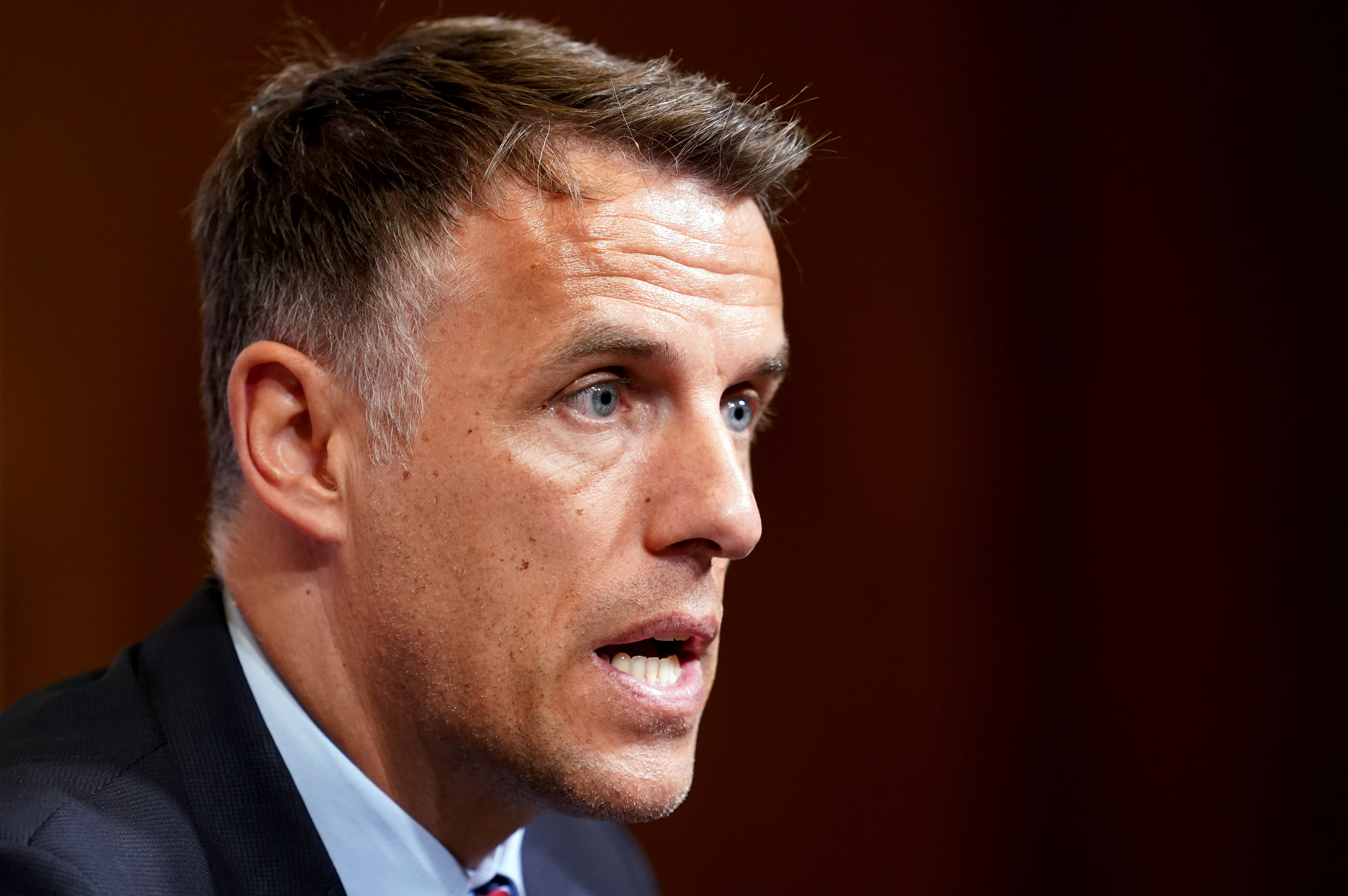England Women’s ‘big ambition’ is to win World Cup in 2023

Baroness Sue Campbell admits it would be a failure if England Women did not win either the European Championship in 2022 or the 2023 World Cup.
The Football Association on Monday unveiled a new four-year strategy for the women’s game, with the Lionesses winning a major tournament among the targets.
They will be the host team at the Euros rescheduled for 2022, before the following summer’s World Cup takes place in Australia and New Zealand. England were beaten semi-finalists in the 2015 and 2019 World Cups and also Euro 2017.
Speaking about the ‘Inspiring Positive Change’ strategy, Campbell, the FA’s director of women’s football, said: “We want to win a major tournament. We would like to do extremely well next year in the Olympics, we of course would love to win the home Euros the year after, but our big ambition is to be winners of the World Cup in 2023.”

When then asked if not winning either the 2022 or 2023 tournaments would be deemed a failure, Campbell replied: “Yes.”
Campbell also spoke of the desire not to “just win a major tournament once (but) continue (to win them) for years ahead”, and said a ‘Blueprint for Success’ had been developed for players from the age of 15, “giving us a progressive pathway that helps our England team play in their own unique style, with the physical and mental ability to achieve great success”.
England head coach Phil Neville is set to leave the role next July at the conclusion of his contract, with Holland boss Sarina Wiegman starting work as his successor from next September.
The best features, fun and footballing quizzes, straight to your inbox every week.
Neville has said it remains a “massive ambition” of his to manage a Great Britain team at next summer’s delayed Tokyo Olympics.
Campbell on Monday said a decision on the matter will be announced in November, adding that, with Wiegman committed to being in charge of Holland at the Games, an interim appointment was a possibility.
Another objective in the strategy, which the FA says “pledges to create a sustainable future for women’s and girls’ football in England”, is creating “the best professional women’s sports leagues and competitions in the world”.
Premier League chief executive Richard Masters said in June that there had been “lots of dialogue” with the FA about his organisation assuming responsibility for the professional women’s game “at some point in the future”.
There was a proposal for a new independent women’s league in Project Big Picture, which was rejected by the Premier League last week.
Asked who she would like to see running the Women’s Super League by 2024, Campbell said: “The Women’s Super League and Championship board are talking about all the future issues.

“We’ve made it very clear as an FA we have no long-term ambition to hang on to the league for the sake of it. But we’re very committed to make sure that when it does step away, we’ve done all the due diligence necessary to make sure this remains healthy and sustainable.
“It will move, I’m sure, in the future, but we don’t have a timeframe and that board will make that decision. I’m confident it will make a strong and right decision in the right timeframe.”
The objectives also include every primary school-aged girl having equal access to football in school and in clubs, and “every girl to have equal access to participate for fun, for competition and for excellence”.
There is a pledge to collaborate with clubs on an “effective high-performance, inclusive player-centred pathway”, and others relate to coach and referee development.
🙌 Inspiring positive change 🙌— The FA (@FA) October 19, 2020
When asked about increasing diversity in coaching, Campbell said: “We’re creating a much wider base to draw talent from. Once we get more players into our system, then hopefully we can get more people into our coaching, and refereeing, from black and ethnic minority groups.
“I’ve just finished talking to the black players who hold A licences. We’re going to provide them with individual development programmes to help speed them to become the role models.
“Tackling discrimination is one of our major objectives at the FA.”
She added: “If we get the new strategy right we’ll have every girl, regardless of background, taking part in football. We’re really committed to this. We’ve all got a lot of work to do. I’d be lying if I said I thought this was easy, but we are committed to make a real difference.”
Campbell also said, when asked about rules relating to transgender athletes, that the FA’s policy was to look at things “case by case” at the moment.
 Join The Club
Join The Club





